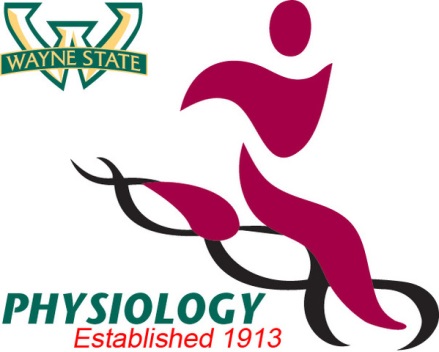
The Association of American Medical Colleges distributed the 2017 rankings Friday for United States-based Physiology departments with funding from the National Institutes of Health, placing the Wayne State University School of Medicine's Department of Physiology at No. 40 among the Top 81 physiology departments in the nation. The ranking is the highest ever for the department, and an especially noteworthy placement considering the historically low number of primary faculty in the department last year, due to multiple voluntary retirements.
The AAMC bases its ranking on NIH funding only. The Department of Physiology and its faculty have an additional $755,584 in non-NIH funding, for a 2017 total of $5,104,428.
"By moving into the upper half of the research-intensive Physiology departments in the nation, this milestone presents us with a new goal: to aim higher and continue to develop excellence," said Professor and Chair of Physiology Jian-Ping Jin, M.D., Ph.D. "One of the strongest areas of research in the Department of Physiology is cardiovascular sciences and related investigations, which contributed to the increased NIH funding."
Related, the Department of Physiology is home to two of the three NIH training grants at WSU -- the Detroit Cardiovascular Training Program, a T32 grant, and the Incentive for Maximizing Student Development, a R25 grant.
The department ranked No. 51 in 2009, a placement achieved with five additional faculty than the current roster.
"The nationally distributed ranking of NIH funding for academic departments at U.S. universities for each discipline not only reflects the size and excellence of our research but also represents our position in the eyes of our peers and perspective students," Dr. Jin said. "We also have pending grants for 2018, which will further raise our ranking. Of course, we have a long way to go, with the No. 1 -rated Physiology department having nearly triple the number of faculty investigators in comparison to ours. With the projected recruitment of new faculty this year, we are looking forward to a stronger department that will provide sustained support to the professional and career development of all members."
The achievement would not be possible without the great effort of faculty, staff and students who are actively contributing to the departments' missions in research, teaching, administration and services. Support from SOM and WSU administration also played vital roles, Dr. Jin added.